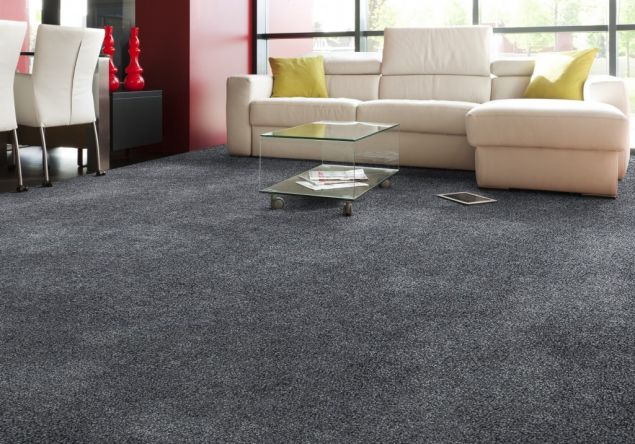Certainly! Carpets are a type of floor covering that is commonly used in homes, offices, and other indoor spaces. They are made of fibers that are woven or tufted together to create a soft and comfortable surface for walking or sitting. Carpets provide insulation, reduce noise, and add aesthetic appeal to a room.
Here are some key points about carpets:
Types of Carpets: Carpets come in various types, including cut pile, loop pile, cut and loop pile, and frieze. Each type has a unique texture and appearance.
Materials: Carpets can be made from natural or synthetic materials. Natural materials include wool, which is durable and luxurious but expensive, and sisal, which is made from natural fibers and has a coarse texture. Synthetic materials like nylon, polyester, and olefin are more affordable and resistant to stains and wear.
Installation: Carpets can be installed in different ways, such as wall-to-wall installation, where the carpet covers the entire floor, or as carpet tiles, which are smaller sections that can be easily replaced if damaged.
Maintenance: Regular maintenance is necessary to keep carpets clean and in good condition. This includes vacuuming to remove dirt and debris, spot cleaning for spills, and periodic professional cleaning to remove deep-seated dirt.
Stain Resistance: Some carpets come with stain-resistant treatments to repel spills and make cleaning easier. However, it’s important to address spills promptly to prevent staining.
Carpet Padding: Carpet padding or underlay is often used beneath the carpet to provide cushioning, improve insulation, and increase the carpet’s lifespan.
Allergies and Indoor Air Quality: Carpets can potentially trap allergens such as dust, pet dander, and pollen. Regular cleaning and maintenance, including vacuuming with a HEPA filter, can help minimize these allergens.
Durability: The durability of a carpet depends on various factors, such as the type of fiber, pile density, and quality. Nylon carpets are generally more durable than polyester or olefin carpets.
Environmental Impact: Some carpets are manufactured using eco-friendly materials and processes, while others may contain chemicals or adhesives that can emit volatile organic compounds (VOCs). It’s important to consider the environmental impact when choosing a carpet.
Carpet Safety: Carpets can contribute to slip-and-fall accidents, especially if not properly installed or maintained. Using non-slip pads or rugs, securing loose carpet edges, and ensuring adequate lighting can help enhance safety.
Remember, specific details about carpets, such as pricing, installation methods, or care instructions, may vary depending on the brand, region, or other factors.





